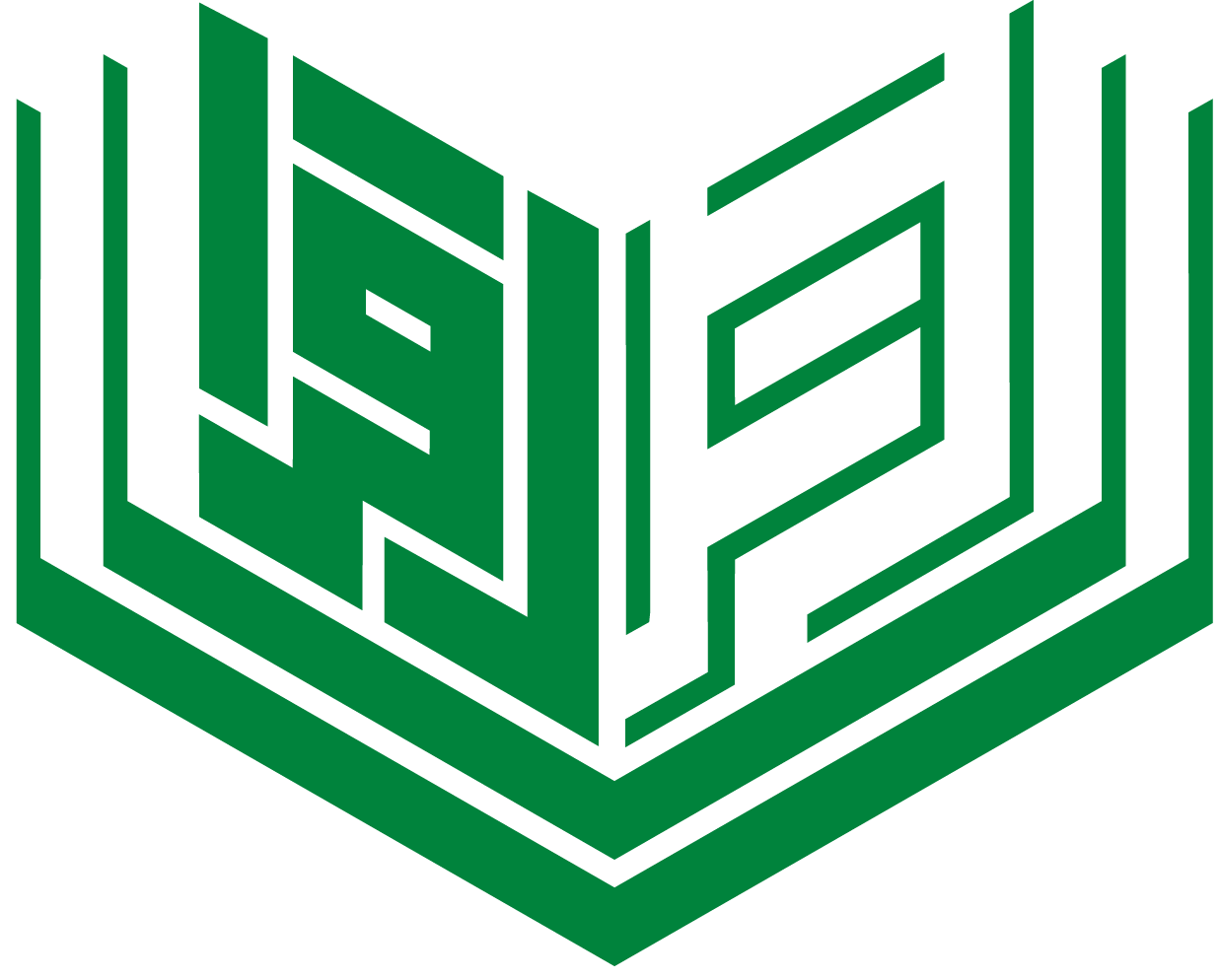India | Education
AKDN has been involved in education in India since 1905. We now run schools and hostels, strengthen teacher capacity and support community-based education.
8,500
The Aga Khan Schools in India educate more than 8,500 children
Aga Khan Education Service, India
The Aga Khan Education Service (AKES), India was established in 1986, but its precursors date back to 1905, when one of the first Aga Khan schools was opened in Mundra, Gujarat. We now operate eight schools, 19 preschools and a hostel in Gujarat, Maharashtra and Telangana. These provide quality child-centred education to over 8,000 students.
AKES, India aspires to deliver an academically rigorous and well-rounded curriculum that honours the context in which students live and their place as global citizens. They are equipped with the knowledge they need to thrive throughout their adult lives, skills to be successful in an ever-changing world and attitudes and values to conduct themselves respectfully and embrace diversity in all its forms.
AKES, India started the Rural Education Advancement Programme (now called the Aga Khan Preschools) in 1978, in response to the need to support children’s early development and create awareness amongst the parents of first-generation learners. The preschools are now located in rural Gujarat and Maharashtra. They use the Shishu Pahel Paddhati (child-initiated learning) methodology developed by AKES, India, which is aligned to the internationally recognised HighScope preschool curriculum. This methodology has been implemented and scaled up as part of other AKDN programmes in the country, notably in Bihar and Uttar Pradesh.
AKES, India has been ranked by EducationWorld India as the country’s “Most Respected Education Brand” and “Most Respected Early Childhood Education Brand” for three consecutive years since 2020. EducationWorld India is one of the largest and most in-depth school ratings and rankings surveyors in the country. The India Didactics Association ranked AKES, India the “Best School Chain of the Year” in 2022.


Children in Bihar, India, using the Learning at Home Kit, developed through the HCD process alongside communities to support learning at home during lockdown for communities with limited access top technology.
AKDN / Mansi Midha
Aga Khan Foundation
AKF is leading Schools2030, a global, 10-year participatory action research and learning improvement programme based in 1,000 government schools across 10 countries, including India. Using the principles of human-centred design and focusing on the key transition years of ages five, 10 and 15, Schools2030 seeks to annually generate 1,000 locally-rooted education solutions that can inform and transform systems-level approaches for improving holistic learning outcomes for all learners. The initiative also includes early childhood development through a pre-primary cohort and interventions to equip young people with employable skills. Find out more
AKF works with state education departments in Bihar and Uttar Pradesh (covering 500 schools) to strengthen teacher capacity on foundational numeracy and literacy and to support community-based structures. The latter includes school management committees, to improve teacher professionalism, increase access and retention of learners, particularly girls, and enhance leadership and governance. AKF also supports young girls who have dropped out of school to complete secondary education and build their skills to access employment and income-earning opportunities.
Converging with the AKDN Comprehensive Sanitation Initiative, AKF is repairing school sanitation facilities. There is a focus on facilitating access to improved sanitation for girl students; establishing drinking water and hand-washing platforms; and providing targeted hygiene education within schools.


AKDN / Gary Otte
Aga Khan Academy Hyderabad
The Aga Khan Academy Hyderabad was established in 2011. It is the second in an integrated network of private, co-educational, residential schools known as the Aga Khan Academies. It aims to educate talented students from all backgrounds to become home-grown leaders, who can transform their societies. Admission to the Academy is based on merit, regardless of socio-economic background, race, religion or culture. Financial support is available to ensure exceptional students can study at the Academy.
The Academy provides education of the highest quality within the framework of the International Baccalaureate curriculum to girls and boys from grades 1-12, preparing them for lives characterised by leadership and service. It is an International Baccalaureate World School.
The residential campus features well-equipped classrooms for sciences, art and music, a library, a counselling facility and a workshop. Sports facilities include swimming pools, athletics fields and a well-equipped gymnasium.
Grade 9 students participate in an 11-week exchange programme, studying at another Academy to broaden their worldview and become at ease in multicultural settings.
The Academies are also committed to improving standards of education in the areas where they are situated. The campus in Hyderabad includes a Professional Development Centre that helps strengthen the quality of teaching in the region by providing professional development training for government school educators.
